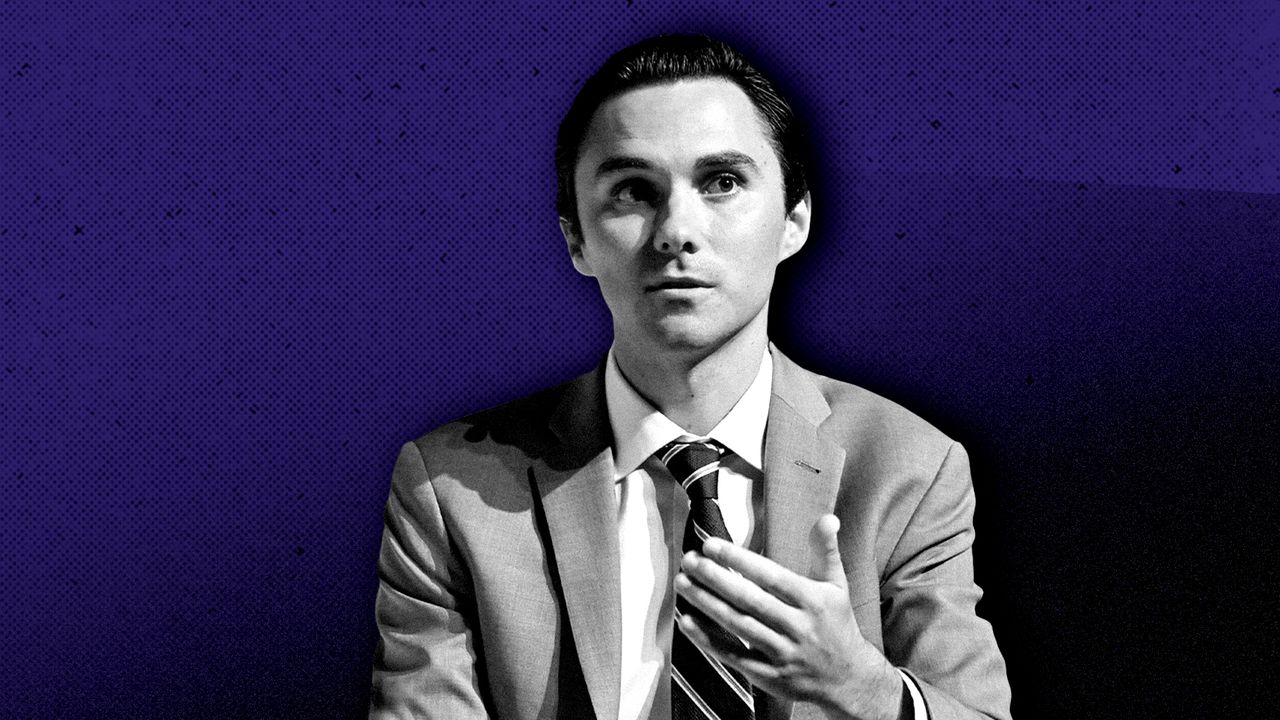
In this July interview, Hogg spoke to Teen Vogue about Mamdani’s win, primarying incumbents, and the future of the Democratic Party.
This conversation has been lightly condensed and edited for clarity.
David Hogg: I think a great example of the challenges that are here is the reaction to what happened in New York with the election of Zohran Mamdani. It is the people who are often saying that we need to have a “Big Tent” who are the most against his win, and some have congratulated him but not endorsed him as the Democratic nominee. A lot of the people who are saying, “Always vote blue, no matter who,” are [seemingly] now saying, “actually, no, we don’t mean that,” because [they] actually mean to vote blue so long as it is somebody that wants to protect the oligarchy, or somebody that wants to protect the status quo in our party, and who fights only for the most incremental changes.
There’s been a lot of hypocrisy from the ones that are always yelling at the left side of the party that they need to shut up and vote blue, no matter who, who are now saying we can’t support Zohran.
TV: What lessons should the Democratic establishment take out of the New York City mayoral primary, and what will it take for those lessons to be learned?
DH: Honestly, what it’s going to take for them to learn is we’re going to need to continue beating them, over and over and over again, in these primaries. And, of course, most importantly, winning in these general elections, to prove that we are electorally viable.
[When] the candidate truly believes in what they’re saying, and doesn’t change their values under political pressure, other people are inspired by that. They think, Well, maybe if he’s doing that, then I can be part of that change. Then they become part of that change, and they volunteer, and they knock on doors, and they make phone calls, they talk about it on social media because they believe in the message, and then other people [join in].
Conservatives usually work on a framework of fear, and that is how they win. It’s always a fear of, “They’re going to take this from you. They’re going to take that from you.” When we are at our best, we inspire people to believe in this vision of what we could be, and framing that vision as the thing that could be taken from you.
TV: You’re someone who’s straddled movement work and electoral work over the course of your career. How can both factions build power together to actualize shared visions?
DH: Honestly, a healthy and competitive primary process. One where we can have our disagreements on these issues, within this big tent, and fight it out in our primaries. That includes challenging incumbents. There are far too many people who justify being in their position based on how long they’ve been there rather than on what they’ve done while they’ve been there.







